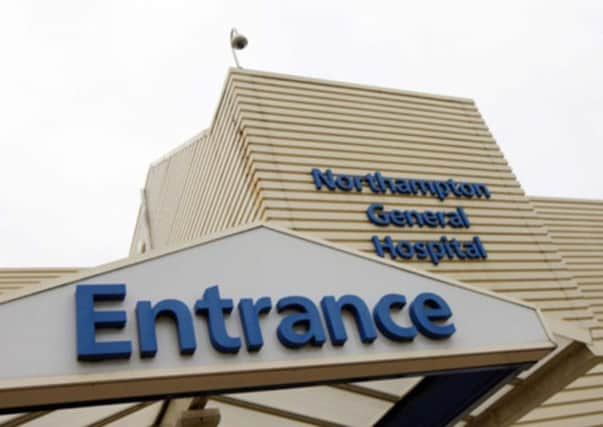One-in-a-million heart condition may have caused 26-year-old's death in Northampton


James Ford, of Lower Harding Street, had been to see doctors some 20 times in the year running up to his death complaining of chest pains, difficulty breathing and palpitations among a range of issues.
But despite going through four ECG examinations and three troponin blood tests, he was never referred to a specialist cardiologist.
Advertisement
Hide AdAdvertisement
Hide AdSadly his body was found by a flatmate at his two bedroom apartment in St Barnabas house at around 10.30pm on August 29, 2015.
The initial cause of death was given simply as a “cardiac failure,” but yesterday evidence given by consultant pathologist Elizabeth Sollieux led coroner Hassan Shah to amend cause to include what he called a “one in a million” genetic heart condition.
The condition, “idiopathic left ventricle hypertrophy,” causes irregular beating of the heart but has almost no visible symptoms.
Mr Shah, in recording a verdict of natural causes, said: “The crux of the evidence I have heard suggests this would have been a condition that was very difficult to spot.
Advertisement
Hide AdAdvertisement
Hide Ad“If it was difficult to identify in postmortem when a pathologist can carry out an invasive investigation, it gives you an idea of how difficult it must have been to spot when that person was alive.”
Dad-of-one Mr Ford, who suffered from Aspergers, had only recently moved to Northampton having spent a spell in Portsmouth and grown up in nearby Hayling Island, Hampshire.
While the inquest mainly focussed on his interaction with doctors in Portsmouth - his final meeting with a GP was the day before he died at Maple Access, Northampton.
Doctor Anjali Bansal said Mr Ford appeared complaining of chest palpitations and sleep disruption and was told to book an appointment for another ECG on that occasion.
Advertisement
Hide AdAdvertisement
Hide AdShe told the inquest: “There was nothing in his history, in my examination, that made me think that he could be suffering from cardiomyopathy (heart disease).”
Shortly before returning his verdic, Mr Shah read out a statement from Mr Ford’s adoptive father, Christopher, at yesterday’s hearing.
“We miss him desperately,” the statement read. “Partly because we know he died not reaching his potential.
“But mostly because of our deep love for him.”